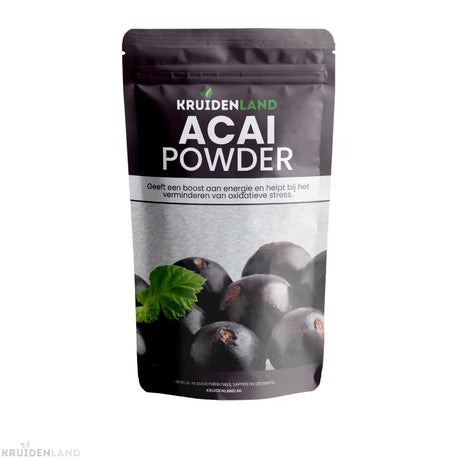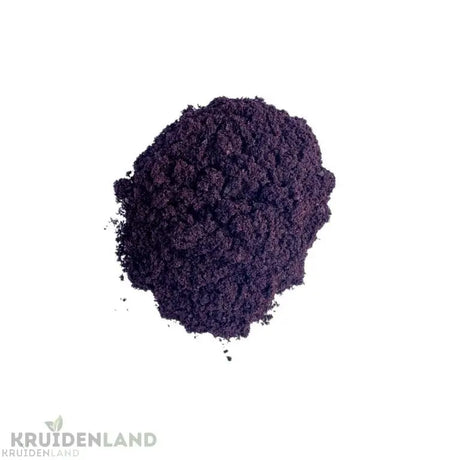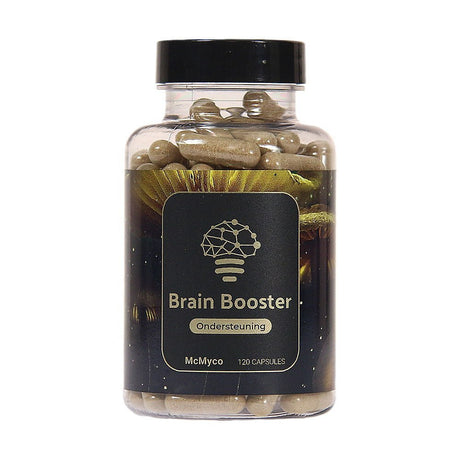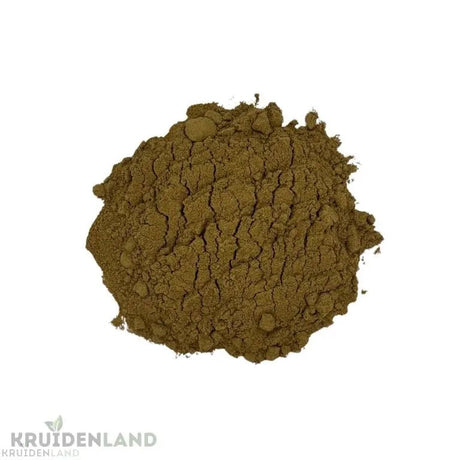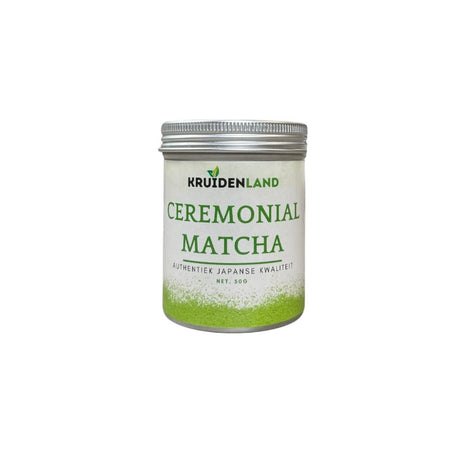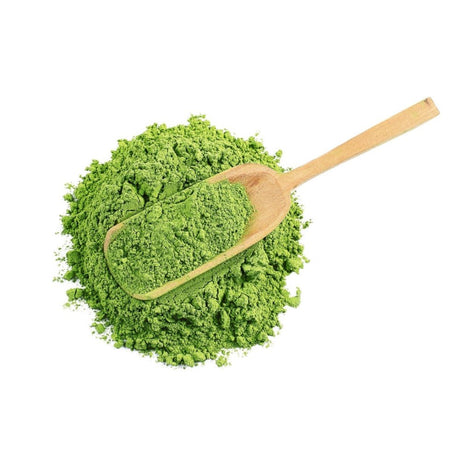The Science Behind Matcha: A Powerful Green Tea
Matcha, a finely ground green tea powder with a rich history dating back to the Tang Dynasty in China, has gained immense popularity in recent years for its unique flavor and potential health benefits. In this blog, we’ll dive deeper into the science behind matcha and explore what makes it so special.Production and Composition
Matcha is made from the leaves of the Camellia sinensis plant, the same plant used to make other teas. What makes matcha unique, however, is its production process:
- Shade growth: About three weeks before harvest, the tea plants are shielded from direct sunlight.
- Manual harvest: Only the best leaves are carefully picked by hand.
- Steaming and drying: The leaves are steamed briefly to prevent oxidation and then dried.
- Grinding: The dried leaves are ground into a powder in stone mills.
- Catechins (especially epigallocatechin gallate or EGCG)
- L-theanine
- Caffeine
- Chlorophyll
- Vitamins and minerals
Health Benefits
1. Antioxidant Effect
Matcha is known for its high concentration of antioxidants, particularly catechins. One study found that matcha contains up to 137 times more antioxidants than regular green tea . These antioxidants, particularly EGCG, can help neutralize free radicals and potentially reduce the risk of chronic disease.
2. Cognitive Function
The unique combination of caffeine and L-theanine in matcha may lead to improved cognitive performance. L-theanine promotes the production of alpha waves in the brain, resulting in a state of “relaxed alertness . ” This can lead to improved attention, memory, and reaction time without the jittery side effects often associated with caffeine .3. Metabolism and Weight Management
Research suggests that the catechins in matcha can increase metabolism and boost fat burning. One study found that consuming green tea extract, rich in catechins, increased energy burning by 4%4. Anti-Inflammatory Properties
The polyphenols in matcha, especially EGCG, have anti-inflammatory properties. This may be potentially beneficial for the treatment of chronic inflammatory diseases .Conclusion
While more research is needed to fully understand all of matcha’s health benefits, current scientific evidence suggests that this unique form of green tea is indeed a powerful beverage. From its high antioxidant content to its potential effects on cognition and metabolism, matcha offers a fascinating subject for further scientific investigation. It is important to note that while matcha offers promising health benefits, it is not a miracle cure. It should be considered as part of a balanced diet and healthy lifestyle. As with all dietary supplements, it is advisable to consult a physician before making significant changes to your diet.


